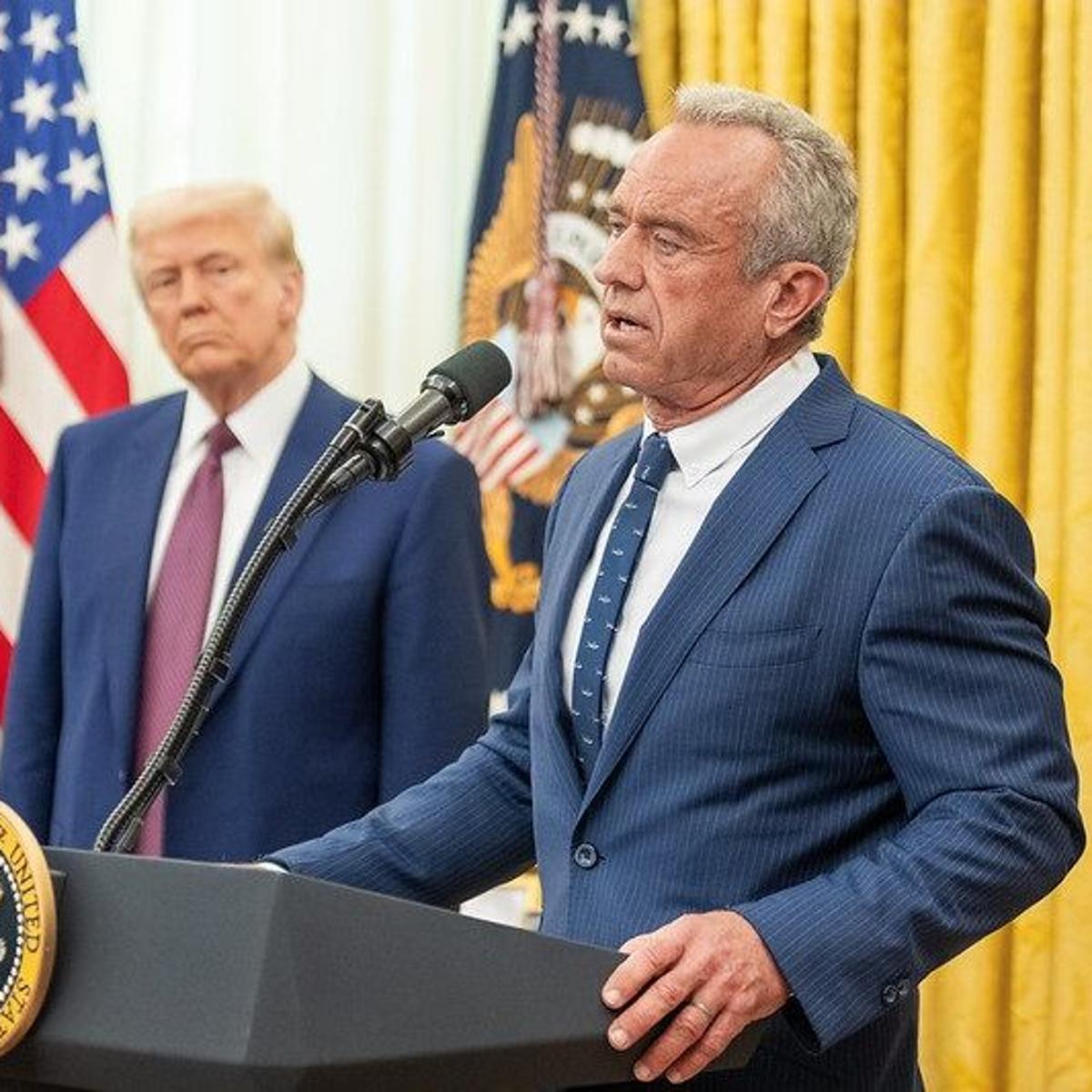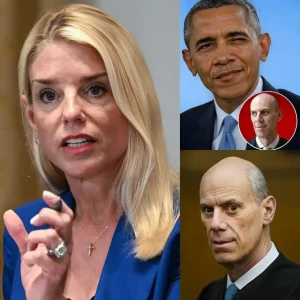Health and Human Services Secretary Robert F. Kennedy Jr. has ignited a firestorm of debate with his recent push to ban the use of Supplemental Nutrition Assistance Program (SNAP) benefits, commonly known as food stamps, for purchasing soda. Announced in Martinsburg, West Virginia, alongside Governor Patrick Morrisey, the proposal is a cornerstone of Kennedy’s “Make America Healthy Again” (MAHA) agenda, which aims to combat chronic diseases like obesity and diabetes. The initiative, which encourages states to seek waivers from the U.S. Department of Agriculture (USDA) to restrict soda purchases, has drawn both fervent support and sharp criticism, raising questions about public health, personal freedom, and government overreach.

Kennedy’s argument hinges on the health risks associated with sugary drinks. Citing statistics that sugary beverages are a leading source of added sugars in the American diet, he argues that SNAP, which serves approximately 42 million low-income Americans, should not subsidize products linked to obesity, diabetes, and heart disease. “We shouldn’t be subsidizing them,” Kennedy stated in a Fox News interview, emphasizing that low-income communities bear the brunt of chronic disease burdens. He compares soda companies to Big Tobacco, alleging they exert pressure on lawmakers to maintain their market share. West Virginia, the first state to pursue such a waiver, also announced plans to ban artificial food dyes in school lunches, aligning with Kennedy’s broader vision of reforming food systems. Other states, including Arkansas, Idaho, and Utah, have followed suit, with governors signaling intentions to submit similar waivers.
Supporters of the proposal, including Agriculture Secretary Brooke Rollins, argue that it’s a logical step to ensure taxpayer dollars promote nutritious choices. Republican lawmakers, like Oklahoma’s Representative Josh Brecheen, who introduced the Healthy SNAP Act, echo this sentiment, stating, “If someone wants to buy junk food on their own dime, that’s up to them. But don’t ask the taxpayer to pay for it and then expect them to pick up the tab for the resulting health consequences.” Proponents point to the staggering $113 billion annual cost of SNAP, with an estimated 10-17% spent on sugary drinks and candy, as evidence that reform is overdue. They argue that restricting unhealthy purchases could reduce healthcare costs and improve outcomes, particularly for children in low-income households.
However, the proposal has met fierce opposition from anti-hunger advocates and policy analysts who view it as paternalistic and impractical. Joel Berg, CEO of Hunger Free America, calls the plan “illegal and horrible public policy,” arguing it stigmatizes low-income families and undermines their autonomy. SNAP recipients, who receive an average of $187 per month, often face limited access to healthy food due to food deserts or financial constraints. Critics like Valerie Imbruce of Washington College note that soda and candy are cheaper and more calorie-dense than healthier alternatives, making them appealing to families on tight budgets. “Controlling how the poor eat is a paternalistic response to a problem that is not based in SNAP recipients’ inability to make good decisions,” Imbruce told Newsweek.

Logistical challenges also loom large. The USDA, which oversees SNAP, has historically rejected similar waiver requests, citing difficulties in defining “healthy” versus “unhealthy” foods and the high costs of implementation. Past attempts, such as New York City’s 2011 bid under Mayor Michael Bloomberg, were blocked due to concerns over complexity and questionable efficacy in reducing obesity. Katie Bergh of the Center on Budget and Policy Priorities warns that such restrictions could burden retailers and increase administrative costs without guaranteeing healthier diets.

The controversy reflects deeper tensions over government intervention in personal choices. While Kennedy and his allies frame the ban as a health imperative, critics argue it risks alienating vulnerable populations and exacerbating food insecurity. Proposals to increase SNAP funding or incentivize healthy purchases, like expanding access to farmers’ markets, have been suggested as alternatives that preserve choice while promoting nutrition. As more states consider waivers and Congress debates related legislation, the debate over soda bans in SNAP is poised to intensify, with far-reaching implications for America’s approach to health and welfare.






